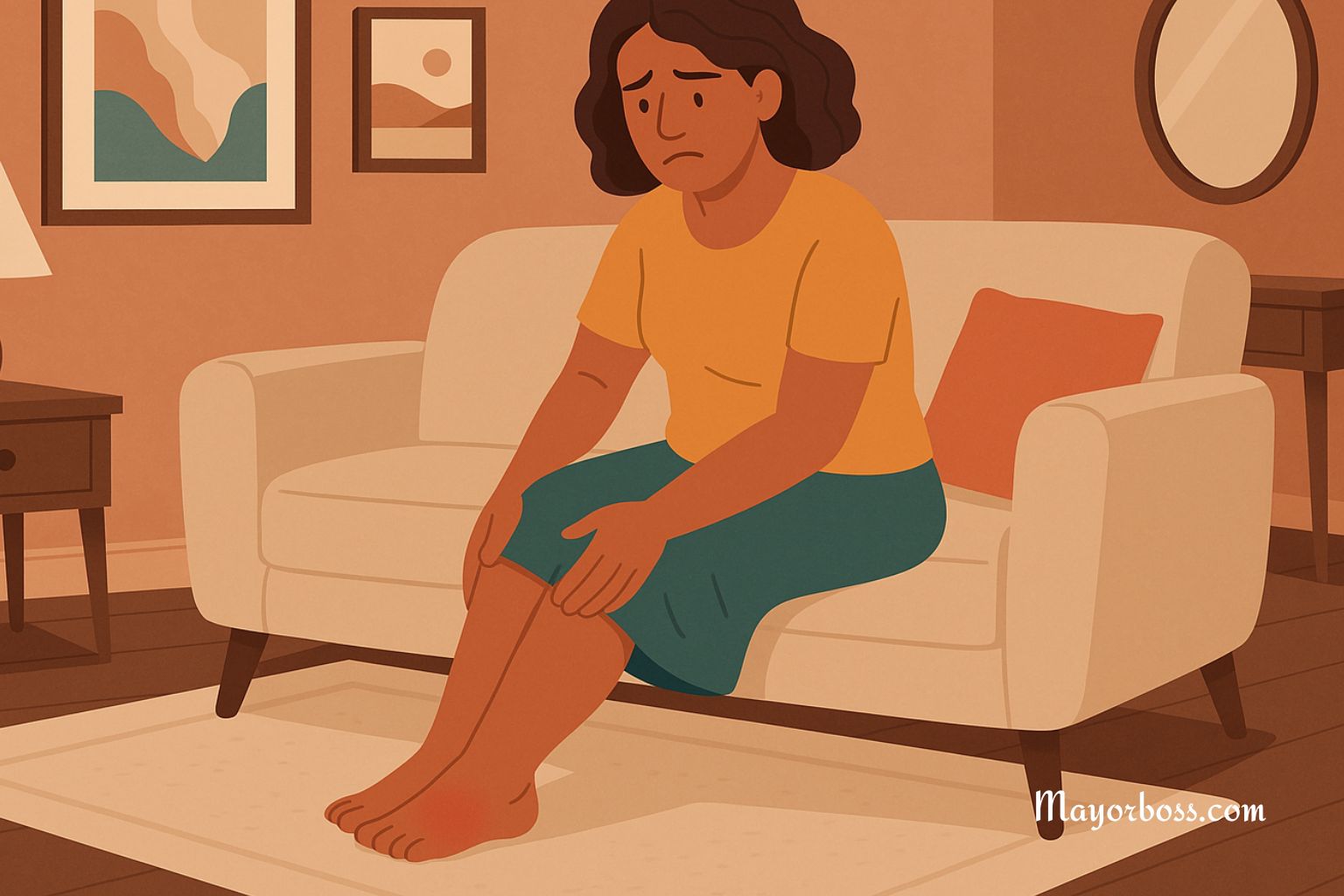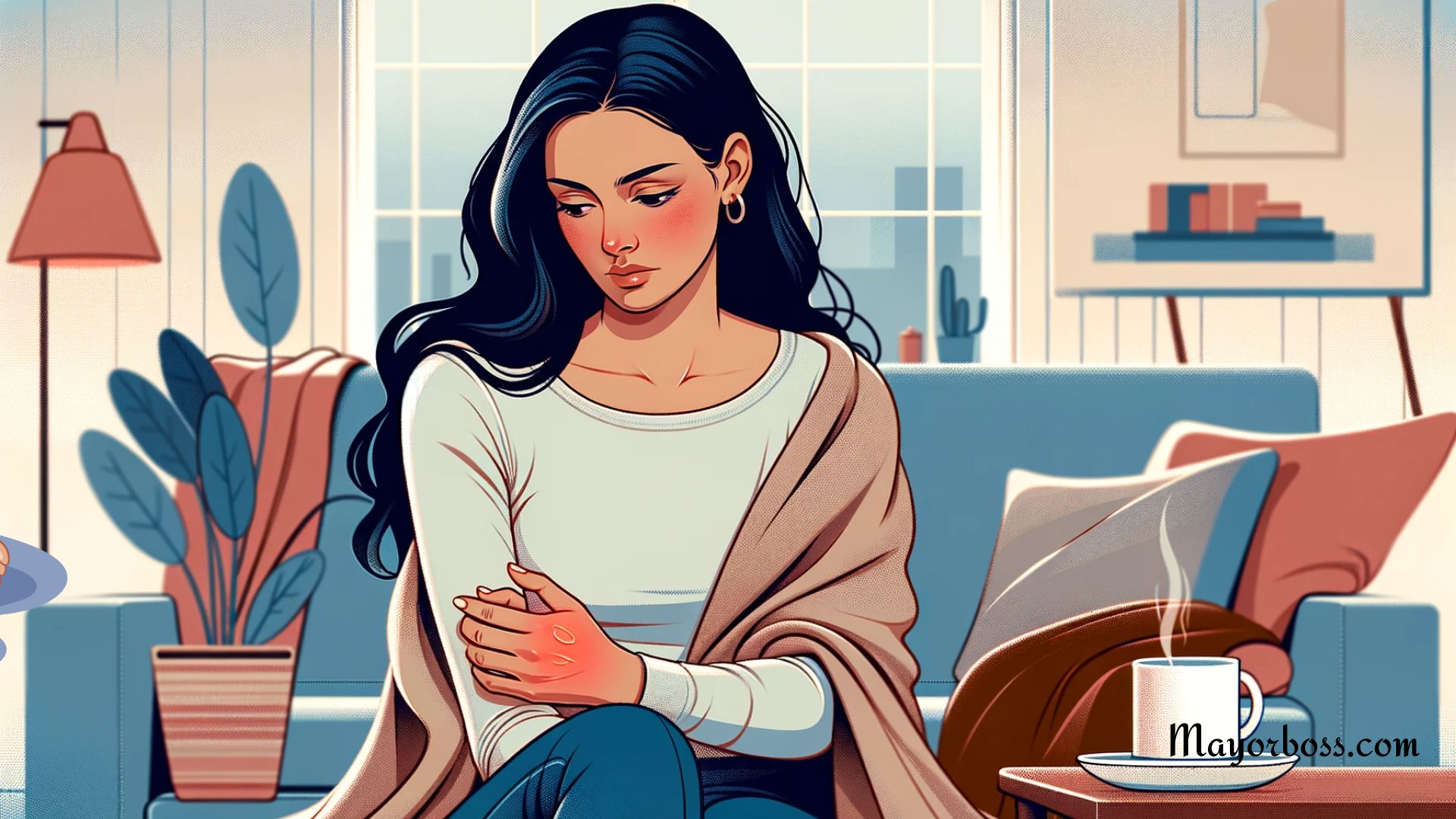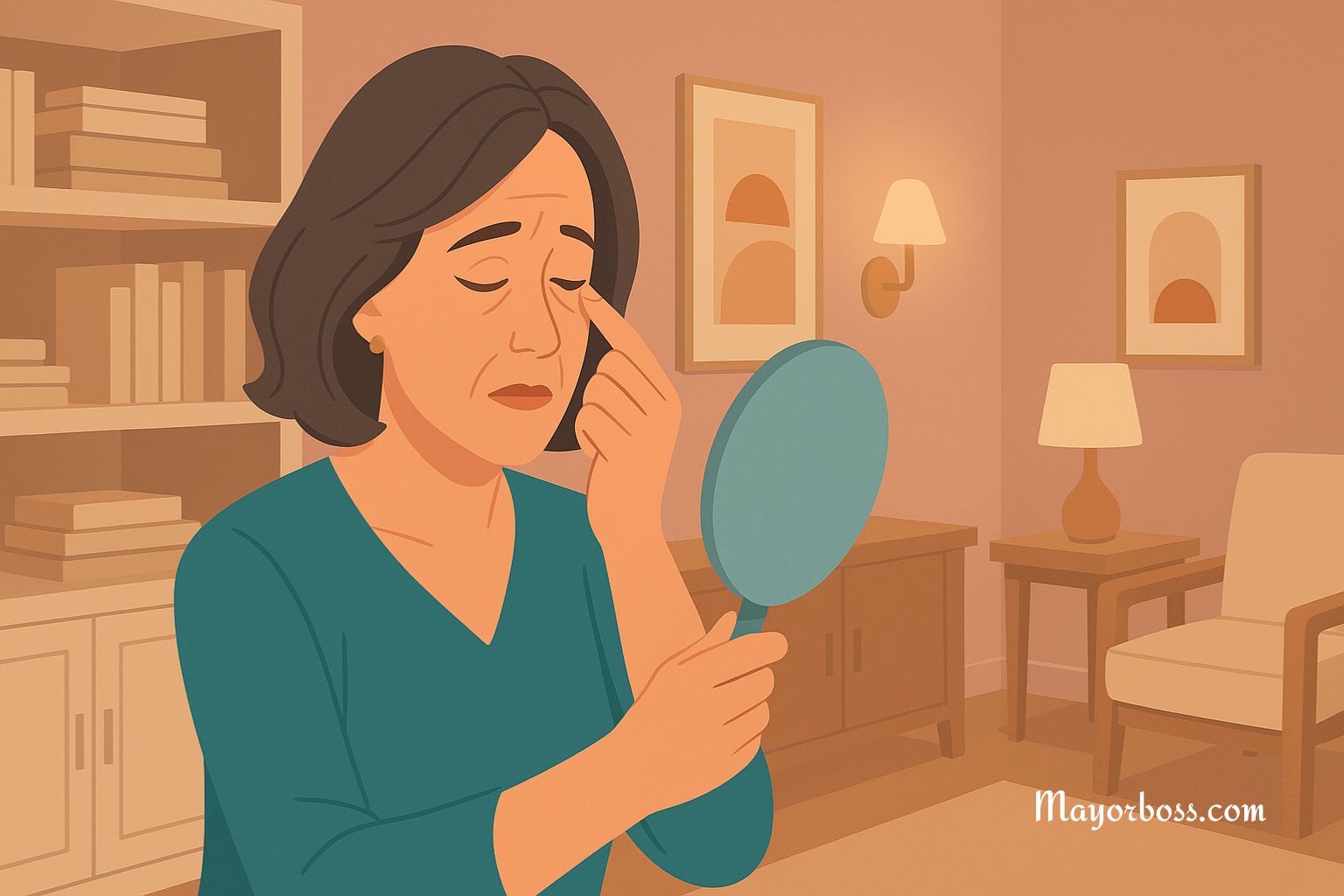Hypertensive Emergency: Know the Signs Before It’s Too Late
A hypertensive emergency is a life-threatening condition that happens when blood pressure rises extremely high and starts to damage organs such as the heart, brain, kidneys, or eyes. Warning signs include severe headache, vision changes, chest pain, shortness of breath, confusion, and even seizures. Immediate medical attention is critical to prevent serious complications or death.

What Is a Hypertensive Emergency?
A hypertensive medical emergency happens when your blood pressure becomes dangerously high, usually well above 180/120 mmHg, and starts to harm your vital organs. This isn’t just “high blood pressure.” It is a medical crisis that can lead to stroke, heart attack, kidney failure, or blindness if not treated immediately.1
The pressure inside your blood vessels gets so intense that it causes damage to the tissues in your body. This is different from chronic hypertension, which often doesn’t have symptoms right away. In a hypertensive emergency, the effects can show up suddenly and can be fatal if ignored.2
Why Do Hypertensive Emergencies Happen?
Several factors can trigger this crisis. Some people may suddenly stop taking their blood pressure medicine. Others may have a reaction to certain drugs, kidney disease, or even severe stress. Sometimes, no clear cause is found.
What’s important is that anyone with high blood pressure is at risk, especially if their condition is not well managed. That’s why understanding the warning signs can save lives.3
Who Is Most at Risk?
Anyone can experience a hypertensive emergency, but the risk is higher in people who:
- Already have high blood pressure
- Do not take their prescribed blood pressure medicine regularly
- Have kidney problems or heart conditions
- Use drugs that raise blood pressure, such as cocaine or amphetamines
- Are pregnant (especially with preeclampsia or eclampsia)
Symptoms of a Hypertensive Emergency
A hypertensive emergency does not always look the same in everyone. However, some signs should make you seek help right away. These include:
Severe Headache
A sudden, intense headache—sometimes described as the worst headache of your life—can be a sign that your blood pressure is damaging the blood vessels in your brain.4
Vision Changes
Blurred vision, double vision, or even sudden loss of sight can happen. High pressure can injure the tiny blood vessels in your eyes, leading to swelling or bleeding.
Chest Pain
Crushing or squeezing chest pain may signal that your heart is struggling. The heart muscle can become starved for oxygen or develop a tear in the main artery (aortic dissection).
Shortness of Breath
When your blood pressure spikes, it can force fluid into your lungs. This makes it hard to breathe and can lead to heart failure.
Confusion or Trouble Speaking
If your brain isn’t getting enough blood or is swelling, you may feel confused, have trouble understanding others, or find it hard to speak clearly.
Weakness or Numbness
Sudden weakness or numbness in your face, arm, or leg—especially on one side of the body—could mean a stroke is happening.
Seizures
Uncontrolled electrical activity in the brain can cause seizures. This is more common in children, pregnant women, and those with kidney problems.
Nausea or Vomiting
Severe, unexplained nausea or vomiting can be another warning that your blood pressure is dangerously high.
Why Immediate Treatment Is Critical
A hypertensive emergency is not something you can wait out or treat at home. The longer your blood pressure stays extremely high, the more damage occurs. Organs like your brain, heart, kidneys, and eyes can suffer permanent harm within minutes to hours.
Doctors treat hypertensive emergencies in the hospital, usually with medications given through a vein to lower your blood pressure quickly but safely. Delaying care even for a short time can lead to lasting disability or death.
How Can You Prevent a Hypertensive Emergency?
Prevention is possible. Here are practical steps:
- Take your blood pressure medicine as prescribed. Never skip doses or stop without talking to your doctor.
- Check your blood pressure regularly. Home monitors are accurate and easy to use.
- Keep your medical appointments. Let your doctor know about any new symptoms or side effects.
- Eat a balanced, low-salt diet. This supports better blood pressure control.
- Stay active and manage stress. Regular exercise and relaxation techniques help reduce overall risk.
- Avoid drugs that can raise blood pressure. This includes certain over-the-counter decongestants, painkillers, and recreational drugs.
When Should You Go to the Hospital?
If you experience any of the warning signs—especially if you have a history of high blood pressure—call emergency services or go to the nearest hospital immediately. Do not try to drive yourself if you feel confused, weak, or have trouble seeing. Time matters. Fast treatment can save your life.
Frequently Asked Questions
1. What is the difference between a hypertensive emergency and a hypertensive urgency?
A hypertensive emergency involves severely high blood pressure with organ damage, while a hypertensive urgency is very high blood pressure without evidence of immediate organ damage.
2. Can a hypertensive emergency happen without symptoms?
Rarely. Most people develop symptoms such as headache, vision changes, or chest pain, but in some cases, organ damage can begin silently.
3. What should I do if I think I’m having a hypertensive emergency?
Call emergency services or go to the hospital right away. Do not try to treat it at home.
4. Can young people have a hypertensive emergency?
Yes, though it is less common. Young people with kidney problems, certain autoimmune diseases, or drug use are at higher risk.
5. Can controlling my stress prevent a hypertensive emergency?
Managing stress helps keep blood pressure stable, which lowers your risk. However, medication and regular monitoring remain most important for prevention.
References:
- https://my.clevelandclinic.org/health/diseases/24470-hypertensive-crisis ↩︎
- https://pmc.ncbi.nlm.nih.gov/articles/PMC11607857/ ↩︎
- https://www.mayoclinic.org/diseases-conditions/high-blood-pressure/expert-answers/hypertensive-crisis/faq-20058491 ↩︎
- https://www.msdmanuals.com/professional/cardiovascular-disorders/hypertension/hypertensive-emergencies ↩︎






